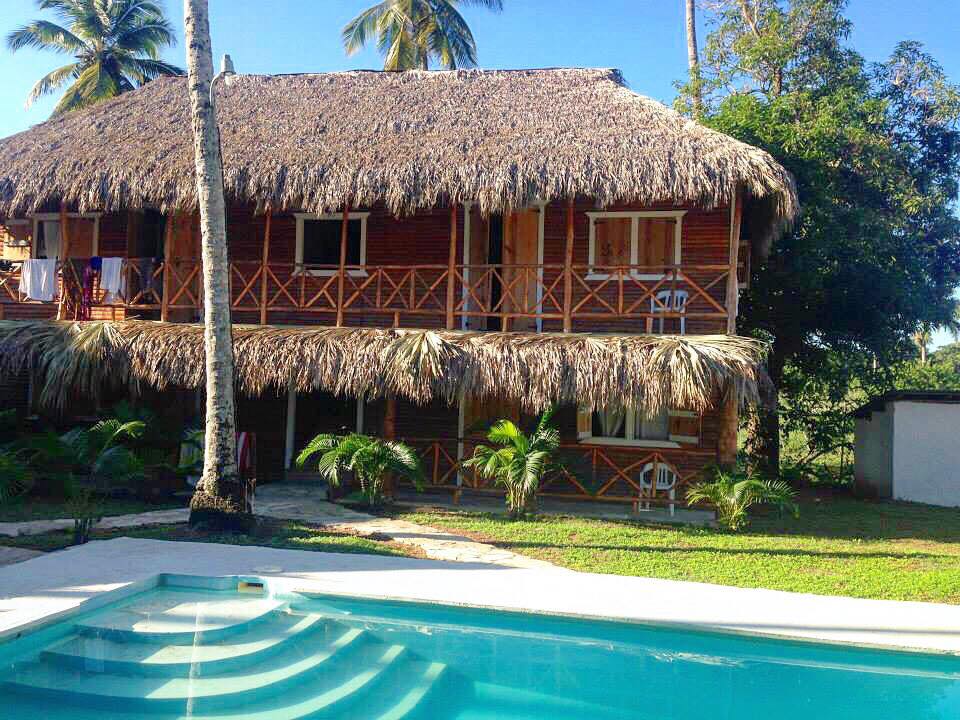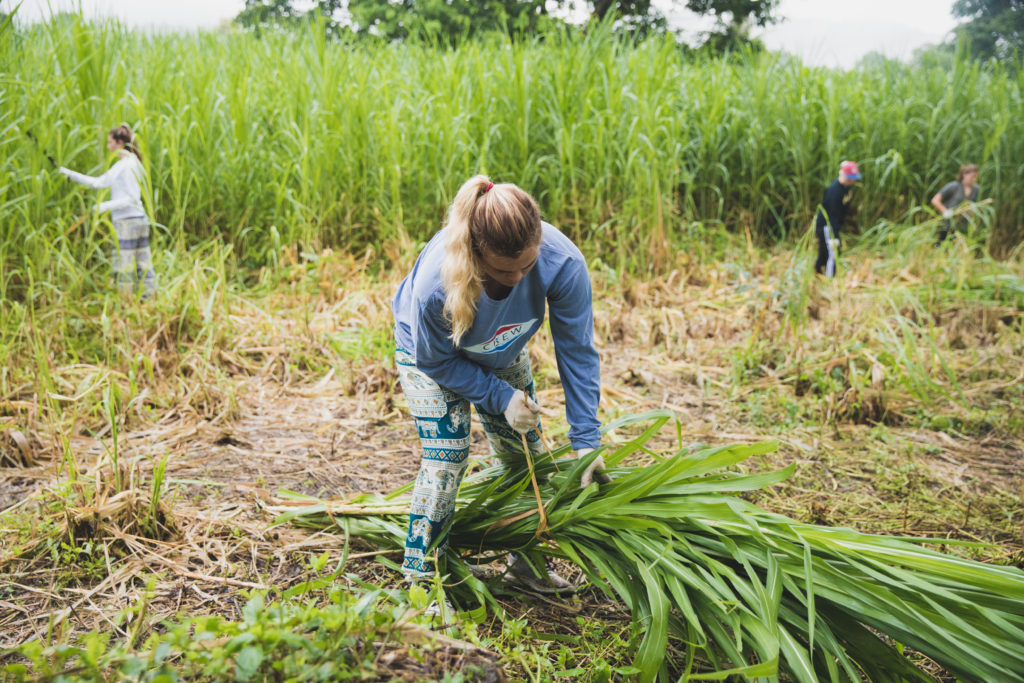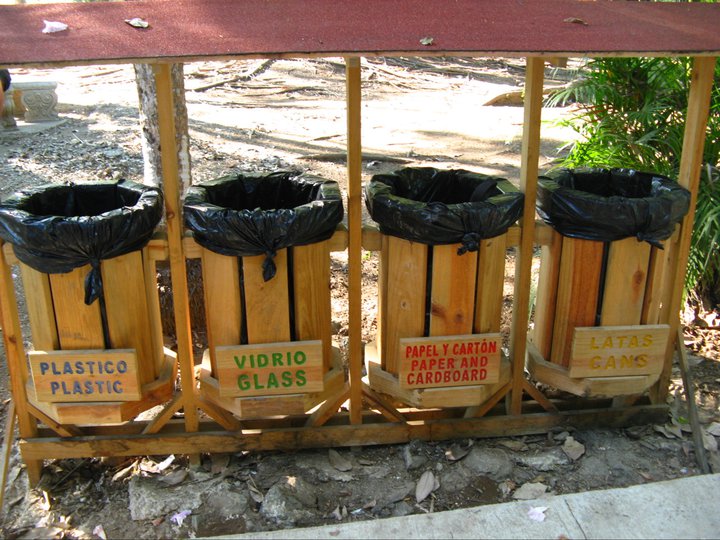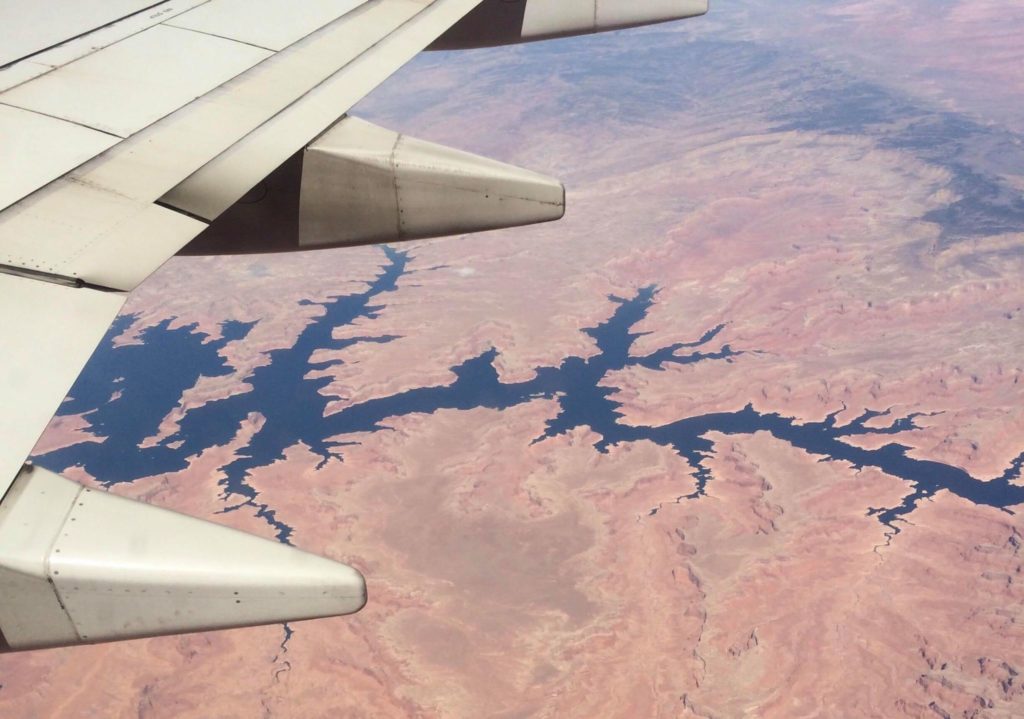As we face many climate challenges, is it ethical to venture abroad if it’s not in a vessel powered by renewable energy?’ We would answer, ‘absolutely!’
The benefits of exposure to new cultures and ideas has a ripple effect, and can inspire real change on a global scale. Read on for tips on how to travel with the environment in mind!
#1: Be a Good Guest
Treat your time abroad as you would the house of a new friend: You wouldn’t throw your clothes on the floor or leave your dirty dishes out on the table as you might be tempted to do at home, would you? Likewise, it’s important to be on best behavior when abroad. Be comfortable, enjoy what the new environment has to offer–but be mindful not to do so at its expense. There are so many little courtesies that can help to preserve the environment when abroad:
- Utilize refillable water stations and avoiding plastic bottles, which in many developing countries end up in the landfill
- For short journeys, walk vs drive–these little trips add up! Plus, the best way to see any new city is often on foot! (Or by bike, as is the custom in Amsterdam.)
- Do a little research on the activities you’re planning. A quick Google search can tell you a lot about the elephant sanctuary or coffee collective you plan to visit beforehand in regard to whether animals or workers are treated fairly. Select your activities mindfully to avoid supporting industries that harm the environment or the community.
- Don’t litter! Even if throwing garbage onto the roadside seems to be the local norm, don’t contribute to the problem. Recycle where available.
- Be familiar with the local “flush policy.” In many parts of the world, toilet paper is disposed of in a trash can vs thrown down the toilet. Clogged pipes can cause backups and sanitation issues that effect more than just the facilities you are using.
#2: Choose an Ecolodge
Ecolodges are quickly becoming the lodging of choice for those traveling abroad! These acommodations are built with sustainability top of mind and are often a unique alternative to your run-of-the-mill hotel chain. Ecolodges use environmentally friendly practices, which could include locally-sourced building materials, low-water waste or compostable plumbing systems, and rely on local, seasonal foods for their guests. They may use environmentally-friendly energy sources such as solar energy or hydroelectric power or have “lights out” periods in order to conserve power. (If you’re looking at GLA programs, the type of lodging is noted on the bottom of each program page in our catalog–both the Dominican Republic and Costa Rica are chock-full of ecolodges!)

#3: Buy Carbon Credits
If you’re super hardcore about reducing your carbon footprint and can afford to do so, the option to buy a credit to offset the impact of an international flight does exist. How does it work? In short, when you buy an offset, you fund projects that reduce greenhouse gas emissions, such as reforestation. It’s important to do your homework on the specific company through which you plan to purchase. (NRDC has some tips for how to tell a legit carbon offset company from a fake!) As of this week, you can purchase a credit through GLA’s website here!)
#4: Travel With Purpose
Volunteering is a great way to satiate your wanderlust while still making a positive impact on the world. For those who are particularly passionate about environmental issues, becoming involved with projects focusing on environmental or wildlife conservation is a good option that not only lets you learn about unique challenges in other part of the world, but also lend a hand.
Travel also has the miraculous ability to instil a new appreciation for what you have at home; in fact, 98% of students who travel with GLA say that they return inspired to pursue a career path that makes a positive impact on the world. GLA alum Anna Hoffman convinced her family to take drastic steps in reducing the waste produced by their household by implementing a backyard composting system and making eco-friendly purchasing decisions (swapping paper napkins for cloth, for example).
She said of her time in Ghana, “I learned that there were other ways to use your food scraps rather than just throwing them in a trash can. At the eco lodge I was staying at, they made us dump all of our food scraps into a bucket, which after the meal they would go and feed to the pigs. These pigs would then grow up and could be sold as meat at the market. They could then use the money to buy new piglets. They had created a sustainable system that was using all of their waste and was actually generating a source of income. I was inspired by the creativity that they had to develop a system that was sustainable but also maintainable.”



